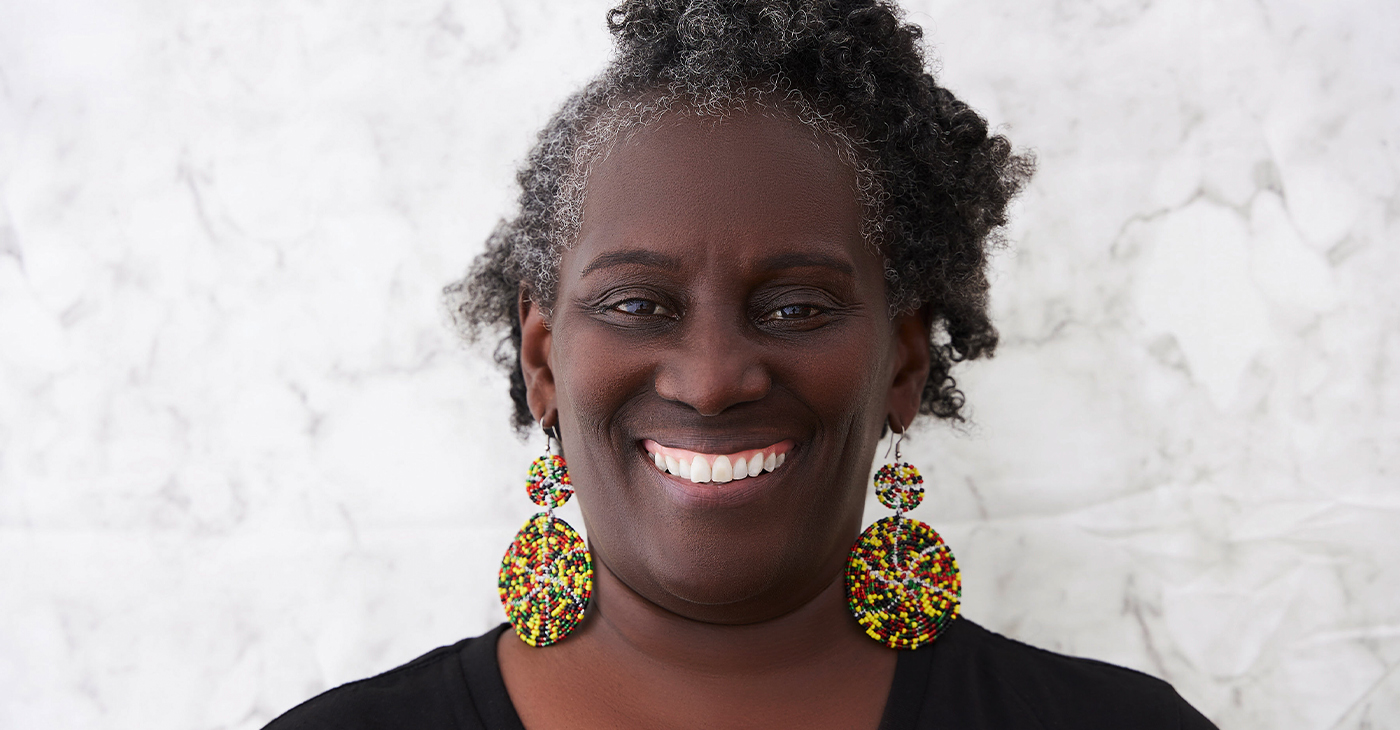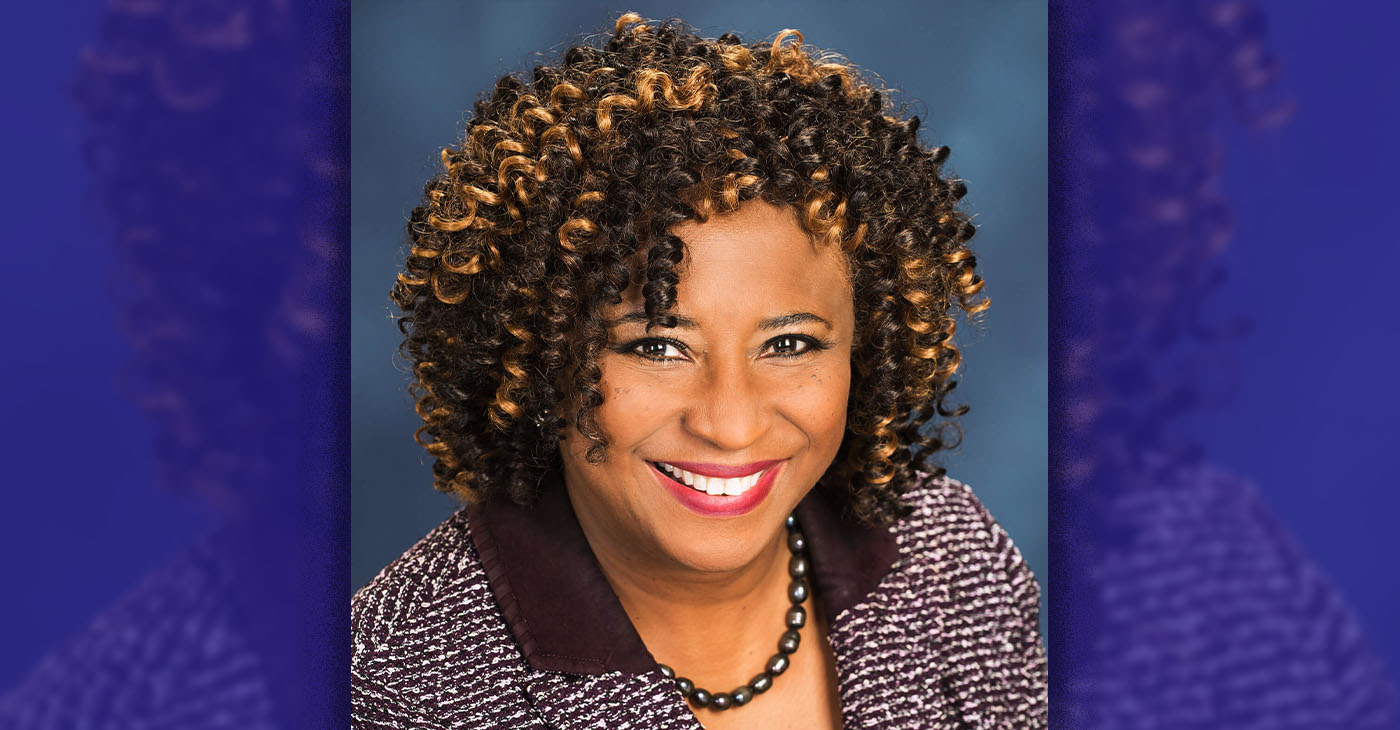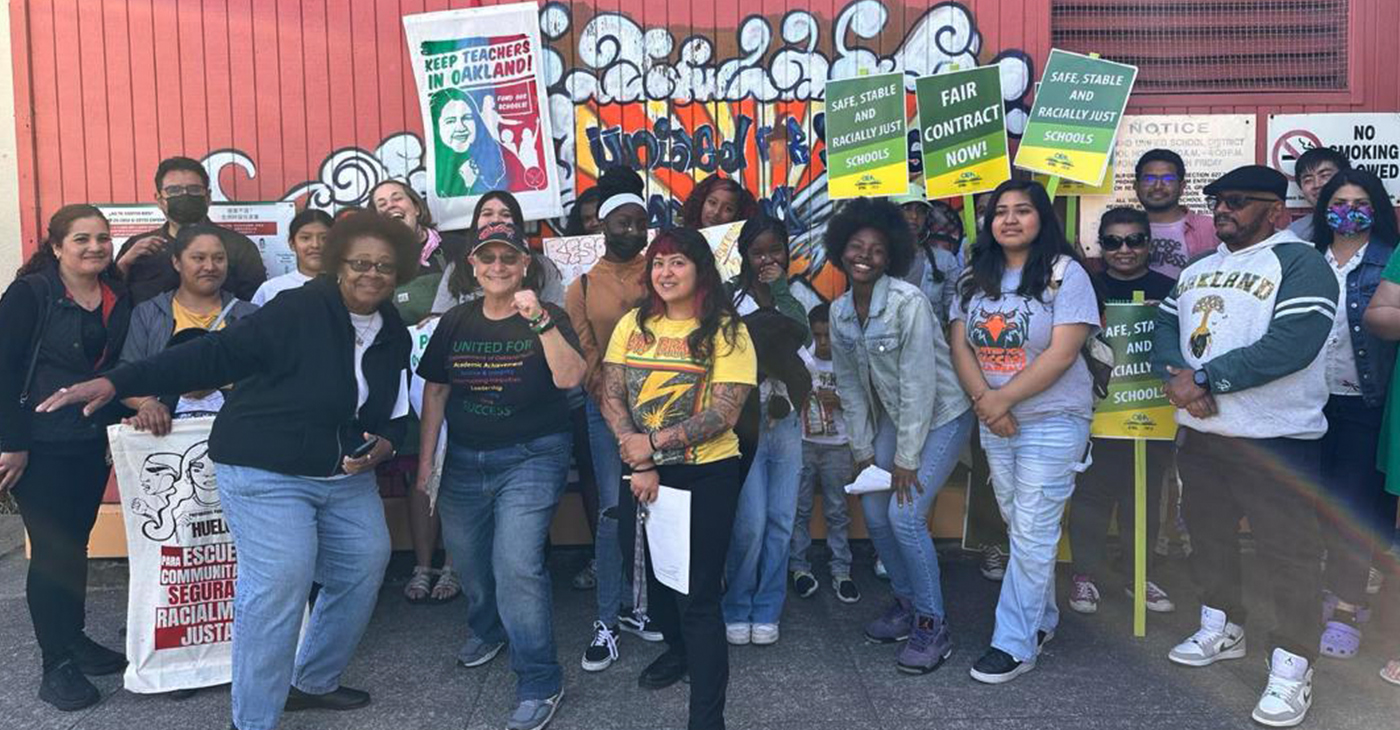Uncategorized
Under Hannigan’s Leadership City “Gives Back” $600,000
Hannigan on the returned $600,000 jobs fund said, “I was the chair at the time . It happened on my watch. It’s a problem that is not going to be repeated.”
By Ken A. Epstein
Some representatives of nonprofits agencies and community leaders are calling for a sweeping discussion and overhaul of the way the city runs the Workforce Investment Board (WIB) and its delivery of federal jobs funds to groups that help the unemployed, especially Oakland teenagers.
The City Council should authorize “an independent administrative and fiscal audit of the WIB finds,” that should be conducted by an outside agency such as the state Employment Development Department or federal Department of Labor, said La Tronda Lumpkins, speaking at Tuesday afternoon’s meeting of the City Council’s Community and Economic Development (CEDA) Committee.
Lumpkins is executive director of Pivotal Point Youth Center in West Oakland.
“(Further), I ask for the system administration of the WIB dollars to be placed out for public bid because we need this system to be managed more efficiently by an organization with adequate workforce development experience,” she said.
“WIB’s attention has been on publically scrutinizing and humiliating its service providers. No attention has been put forth making adequate recommendations for work on a better workforce system.”
She focused on what she called an effort by the WIB “not to serve younger youth, ages 14 to 16, because performance outcomes would be much more difficult to obtain. This is not the best decision for Oakland,” she said.
The discussion at the CEDA meeting was on the agenda as a report by Executive Director John Bailey about why $600,000 in job money, which would have employed 40 laid-off workers, had to be returned unspent to the federal government in late 2012.
But speakers talked about many WIB issues, including late payments and contracts to agencies providing youth jobs, whether the city had gotten to the bottom of why the money was sent back and whether the WIB was in fact improving in response to criticisms.
Agreeing with speakers who demanded a full public hearing, Councilmember Larry Reid said he would call a hearing in the evening, so young people, agencies and members of the public could discuss and seek solutions to the issues that were being raised. He said the failure to call a public hearing so far was the result of miscommunication between himself and city staff.
Bailey, in his report, talked about the reason for the loss of the job money and the lessons that had been learned and incorporated by the WIB. He said the Dellums administration had won the grant, though as written, the funding contained “discrepancies” that made it impossible to implement without modifications.
“These discrepancies did not receive the full attention of the WIB until the addition of needed staff,” he said, and by then it was too late to spend most of the money.
As a result, he said, the city was only to provide jobs for 16 of the 56 workers who were supposed to receive help.
Further, Bailey said “Timely contracts…. and a quick reimbursement process to providers… (are) something I personally monitor today. If there’s an issue that might delay payment, staff knows to notify me right away.”
Mike Hannigan, WIB board member and former chairman of the WIB board, said the loss of money was due to a unique set of circumstances that were not likely to be repeated.
“I was the chair at the time,” he said. “ It happened on my watch.”
“It’s very easy from the outside to come in and complain how everything didn’t come out perfectly, but when you are in a position of having to actually produce results under rules that are established for you and guidelines that you have to implement, sometimes it looks a little bit different,” said Hannigan, who is president and co-founder at Give Something Back Business Products.
Gloria Crowell, development director at Allen Temple Baptist Church, which has youth and adult job programs, said she had tried to seek funding through the WIB but found the process hard to navigate.
“I am disillusioned by the inability for the WIB board to get this thing correctly, to get the service dollars that should be out in the streets to the youth who really need these dollars. We are losing, and our youth are losing,” she said.
Ben Tapscott, retired McClymonds High School coach and West Oakland education activist, said the city’s WIB staff should not continue administering job programs.
“I’ll talk in coaches terms here: I watched them fumble, drop the ball, make fouls. They are in my opinion not doing what they are supposed to do,” said Coach Tapscott.
The loss of $600,000 “ is only the tip of the iceberg,” he said. “Half of our children are out on the streets with nothing to do. “
Dezie Woods-Jones, chair of the Oakland Private Industry Council board and former City Council member, said she was pleased the city and the WIB were seeking answers and solutions.
“I am pleased to hear the WIB director speak about understanding lessons learned,” she said,” But we don’t want (the loss) to have to be repeated.”
Rashidah Grinage, executive director of PUEBLO, which provides jobs for youth, said she is not convinced the WIB has turned the corner.
“While its well to understand and learn lessons, we haven’t heard at WIB meetings very much that inspires confidence that the future will be different and that the future will be better,” she said.
Also speaking was Gretchen White, president of the Metropolitan Greater Oakland (MGO) Democratic Club, who called for accountability of staff members responsible for losing the $600,000 grant.
Arts and Culture
Rise East Project: Part 3
Between 1990 and 2020, Oakland lost nearly half of its Black population due to economic and social forces. East Oakland, once a middle-class community, is now home to mostly Black families living in poverty.

The Black Cultural Zone’s Pivotal Role in Rebuilding Oakland’s Black Community
By Tanya Dennis
Between 1990 and 2020, Oakland lost nearly half of its Black population due to economic and social forces. East Oakland, once a middle-class community, is now home to mostly Black families living in poverty.
In 2021, 314 Oakland residents died from COVID-19. More than 100 of them, or about 33.8%, were Black, a high rate of death as Blacks constitute only 22.8% of Oakland’s population.
This troubling fact did not go unnoticed by City and County agencies, and the public-at-large, ultimately leading to the development of several community organizations determined to combat what many deemed an existential threat to Oakland’s African American residents.
Eastside Arts Alliance had already proposed that a Black Cultural Zone be established in Deep East Oakland in 2010, but 2020’s COVID-19 pandemic galvanized the community.
Demanding Black legacy preservation, the Black Cultural Zone (BCZ) called for East Oakland to be made an “unapologetically Black” business, commercial, economic development community.
Established initially as a welcoming space for Black art and culture, BCZ emerged into a a community development collective, and acquired the Eastmont police substation in Eastmont Town Center from the City of Oakland in 2020.
Once there, BCZ immediately began combating the COVID-19 pandemic with drive-thru PPE distribution and food giveaways. BCZ’s Akoma Market program allowed businesses to sell their products and wares safely in a COVID-compliant space during the COVID-19 shutdown.
Currently, Akoma Market is operated twice a month at 73rd and Foothill Boulevard and Akoma vendors ‘pop up’ throughout the state at festivals and community-centered events like health fairs.
“Before BCZ existed, East Oakland was a very depressing place to live,” said Ari Curry, BCZ’s chief experience officer and a resident of East Oakland. “There was a sense of hopelessness and not being seen. BCZ allows us to be seen by bringing in the best of our culture and positive change into some of our most depressed areas.”
The culture zone innovates, incubates, informs, and elevates the Black community and centers it in arts and culture, Curry went on.
“With the mission to center ourselves unapologetically in arts, culture, and economics, BCZ allows us to design, resource, and build on collective power within our community for transformation,” Curry concluded.
As a part of Oakland Thrives, another community collective, BCZ began working to secure $100 million to develop a ‘40 by 40’ block area that runs from Seminary Avenue to the Oakland-San Leandro border and from MacArthur Boulevard to the Bay.
The project would come to be known as Rise East.
Carolyn Johnson, CEO of BCZ says, “Our mission is to build a vibrant legacy where we thrive economically, anchored in Black art and commerce. The power to do this is being realized with the Rise East Project.
“With collective power, we are pushing for good health and self-determination, which is true freedom,” Johnson says. “BCZ’s purpose is to innovate, to change something already established; to incubate, optimizing growth and development, and boost businesses’ economic growth with our programs; we inform as we serve as a trusted source of information for resources to help people; and most important, we elevate, promoting and boosting Black folks up higher with the services we deliver with excellence.
“Rise East powers our work in economics, Black health, education, and power building. Rise East is the way to get people to focus on what BCZ has been doing. The funding for the 40 by 40 Rise East project is funding the Black Culture Zone,” Johnson said.
Alameda County
Help Protect D.A. Pamela Price’s Victory
Alameda County District Attorney Pamela Price is asking supporters of the justice reform agenda that led her to victory last November to come to a Town Hall on public safety at Montclair Presbyterian Church on July 27.

By Post Staff
Alameda County District Attorney Pamela Price is asking supporters of the justice reform agenda that led her to victory last November to come to a Town Hall on public safety at Montclair Presbyterian Church on July 27.
Price is facing a possible recall election just six months into her term by civic and business interests, some of whom will be at the in-person meeting from 6:00-9:00 p.m. at 5701 Thornhill Dr. in Oakland.
“We know that opponents of criminal justice reform plan to attend this meeting and use it as a forum against the policies that Alameda County voters mandated DA Price to deliver. We cannot let them succeed,” her campaign team’s email appeal said.
“That’s why I’m asking you to join us at the town hall,” the email continued. “We need to show up in force and make sure that our voices are heard.”
Price’s campaign is also seeking donations to fight the effort to have her recalled.
Her history-making election as the first African American woman to hold the office had been a surprise to insiders who had expected that Terry Wiley, who served as assistant district attorney under outgoing D.A. Nancy O’Malley, would win.
Price campaigned as a progressive, making it clear to voters that she wanted to curb both pretrial detention and life-without-parole sentences among other things. She won, taking 53% of the vote.
Almost immediately, Price was challenged by some media outlets as well as business and civic groups who alleged, as she began to fulfill those campaign promises, that she was soft on crime.
On July 11, the recall committee called Save Alameda for Everyone (S.A.F.E.) filed paperwork with the county elections office to begin raising money for the next step toward Price’s ouster: gathering signatures of at least 10% of the electorate.
S.A.F.E. has its work cut out for them, but Price needs to be prepared to fight them to keep her office.
In a separate sponsored letter to voters, Price supporters wrote:
“We know that you supported DA Price because you believe in her vision for a more just and equitable Alameda County. We hope you share our belief that our criminal justice system has to be fair to everyone, regardless of their race, gender, ethnicity, religion, or socioeconomic status.
“The Republican-endorsed effort is a blatant attempt to overturn the will of the voters and a waste of time and money. It is an attempt to silence the voices of those who want real justice. We cannot let these election deniers succeed.
“Will you make a donation today to help us protect the win?
“Please watch this video and share it with your friends and family. We need to stand up to the sore losers and protect the win. Together, we can continue to make Alameda County a more just, safe and equitable place for everyone.”
For more information, go to the website: pamelaprice4da.com
or send an e-mail to info@pamelaprice4da.com
Bay Area
Oakland Teachers Walk Out
After negotiating late into the night and months of fruitless bargaining with the Oakland Unified School District, Oakland teachers went out on strike Thursday morning. “Our (50-member) bargaining team has been working for seven months working, making meaningful proposals that will strengthen our schools for our students,” said Oakland Education Association (OEA) Interim President Ismael “Ish” Armendariz, speaking at press conference Monday afternoon.

OEA calls unfair labor practices strike after 7 months of negotiations.
By Ken Epstein
After negotiating late into the night and months of fruitless bargaining with the Oakland Unified School District, Oakland teachers went out on strike Thursday morning.
“Our (50-member) bargaining team has been working for seven months working, making meaningful proposals that will strengthen our schools for our students,” said Oakland Education Association (OEA) Interim President Ismael “Ish” Armendariz, speaking at press conference Monday afternoon.
“OUSD has repeatedly canceled bargaining sessions, has failed to offer meaningful proposals or counterproposals at a majority of the bargaining sessions and has repeatedly failed to discuss certain items,” Armendariz said.
“The days (of bargaining) have been long, and after hours of waiting, the superintendent finally showed up on Sunday night at 11:00 p.m.to meet with our team (for the first time),” he said. “(But) the district continues to come to the table unprepared, and this is unacceptable.”
“This is illegal, and OEA has filed an Unfair Labor Practice charge with the state Public Employment Relations Board (PERB). Under California law, OEA has a right to strike over unfair labor practices,” he said.
OEA represents 3,000 teachers, counselors, psychologists, speech pathologists, early childhood educators, nurses, adult education instructors and substitute teachers, serving 35,000 Oakland public school students. Other labor groups representing school employees include SEIU 1021 and construction unions.
In a press statement released on Tuesday, OUSD said it has been trying to avert a strike.
“The district will remain ready to meet with the teachers’ union at any time and looks forward to continuing our efforts to reach an agreement with OEA … We will continue to do everything possible to avoid a work stoppage.”
“Our children’s education does not need to be interrupted by negotiations with our union, especially given the major offer the District made on Monday,” other district press statements said. “We are committed to continuing to work with our labor leaders to discuss their salaries and support services for our students without the need for a strike.”
OUSD’s latest salary proposal, released this week, includes a 10% raise retroactive to Nov. 1, 2022, and a $5,000, one-time payment to all members.
OEA’s recent salary proposal asked for a 10% retroactive raise to all members, a one-time $10,000 payment to members who return for the 2023-2024 school year, and increases from $7,500 to $10,000 to salaries, based on years of experience.
In addition to pay demands, OEA is making “common good” proposals that serve families and the community, including protecting and enhancing special education programs, putting the brakes on closing schools in flatland neighborhoods, shared school leadership, safety, and support for students.
-

 Community3 weeks ago
Community3 weeks agoFinancial Assistance Bill for Descendants of Enslaved Persons to Help Them Purchase, Own, or Maintain a Home
-

 City Government6 days ago
City Government6 days agoCourt Throws Out Law That Allowed Californians to Build Duplexes, Triplexes and RDUs on Their Properties
-

 Activism2 weeks ago
Activism2 weeks agoOakland Post: Week of April 24 – 30, 2024
-

 Business3 weeks ago
Business3 weeks agoV.P. Kamala Harris: Americans With Criminal Records Will Soon Be Eligible for SBA Loans
-

 Activism4 weeks ago
Activism4 weeks agoOakland Post: Week of April 10 – 16, 2024
-

 Community3 weeks ago
Community3 weeks agoAG Bonta Says Oakland School Leaders Should Comply with State Laws to Avoid ‘Disparate Harm’ When Closing or Merging Schools
-

 Community3 weeks ago
Community3 weeks agoRichmond Nonprofit Helps Ex-Felons Get Back on Their Feet
-

 Community3 weeks ago
Community3 weeks agoOakland WNBA Player to be Inducted Into Hall of Fame














































